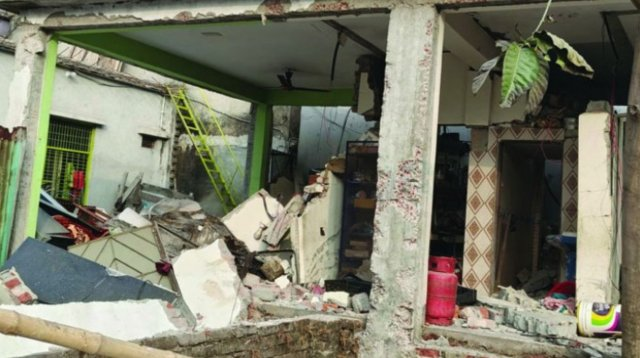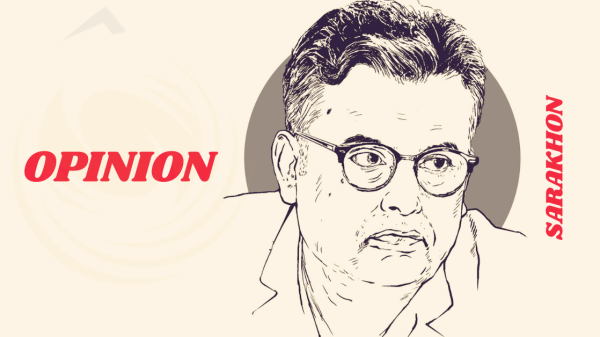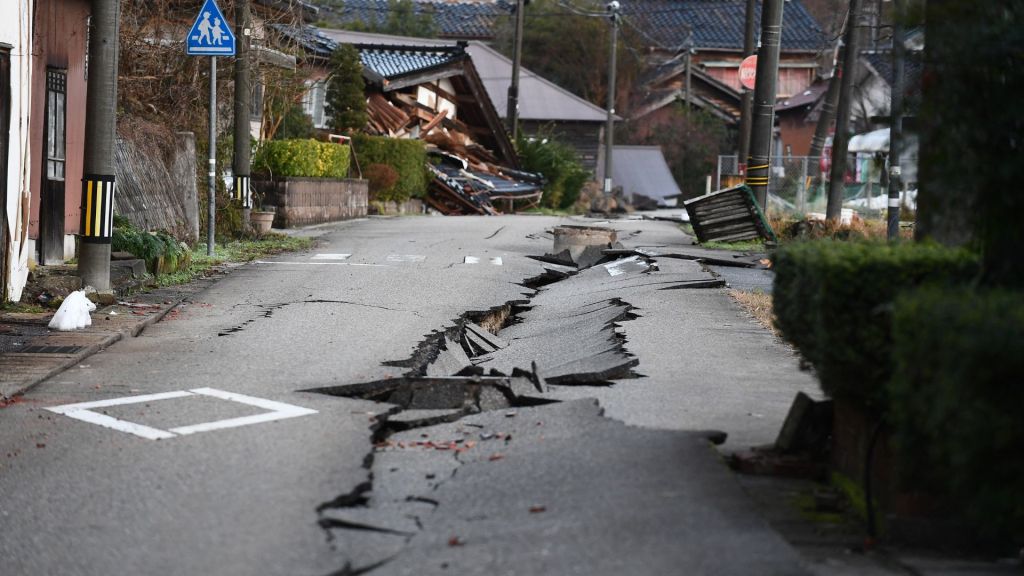TWIN BLASTS IN SOUTH ASIA STIR FEARS OF A NEW FLASHPOINT

Casualties, blame, and heightened alerts
Authorities in India and Pakistan imposed heightened security after deadly explosions struck New Delhi and Islamabad within 24 hours, killing at least two dozen people and injuring many more. The rare back-to-back attacks in both capitals jolted a region already tense over cross-border militancy, disputed borders, and domestic political pressures. Investigators in each country announced early leads but withheld firm attributions, while politicians urged the public to avoid rumor-mongering. Airports, rail hubs, and diplomatic districts saw visible deployments, and hospitals activated surge plans as families searched for loved ones. Veteran security analysts warned against snap judgments, noting that synchronized violence can be designed to provoke miscalculation rather than claim territory. Even so, messaging from extremist networks on encrypted channels drew scrutiny for timing and tone. India’s Home Ministry ordered a sweep of crowded markets ahead of the festival season, while Pakistan’s interior officials promised a “state of war” posture until the threat picture is clarified. Foreign embassies began risk advisories, some counseling staff to limit nonessential movement.
Regional diplomacy, next steps, and risk of escalation
The twin blasts complicated already brittle regional ties and could slow talks on trade corridors and energy interconnectivity. New Delhi’s first moves prioritized internal security and coordination with state chiefs; Islamabad convened a national security huddle to examine border defenses and intelligence gaps. Both sides engaged partners to share forensics, including device fragments and explosive signatures, to test for common authorship. If a single network is confirmed, pressure will rise for punitive action; if copycat or unlinked cells are found, investigators must still quell public anxiety. Neighboring states urged restraint and transparency, with diplomats pressing for hotline use to prevent accidental flare-ups. Civil society groups in both countries called for victim support funds and urged media to avoid inflaming communal tensions. The calculus in capitals now hinges on speed: quickly identifying perpetrators without forcing a geopolitical corner could define the next week as either stabilizing or spiraling.





















